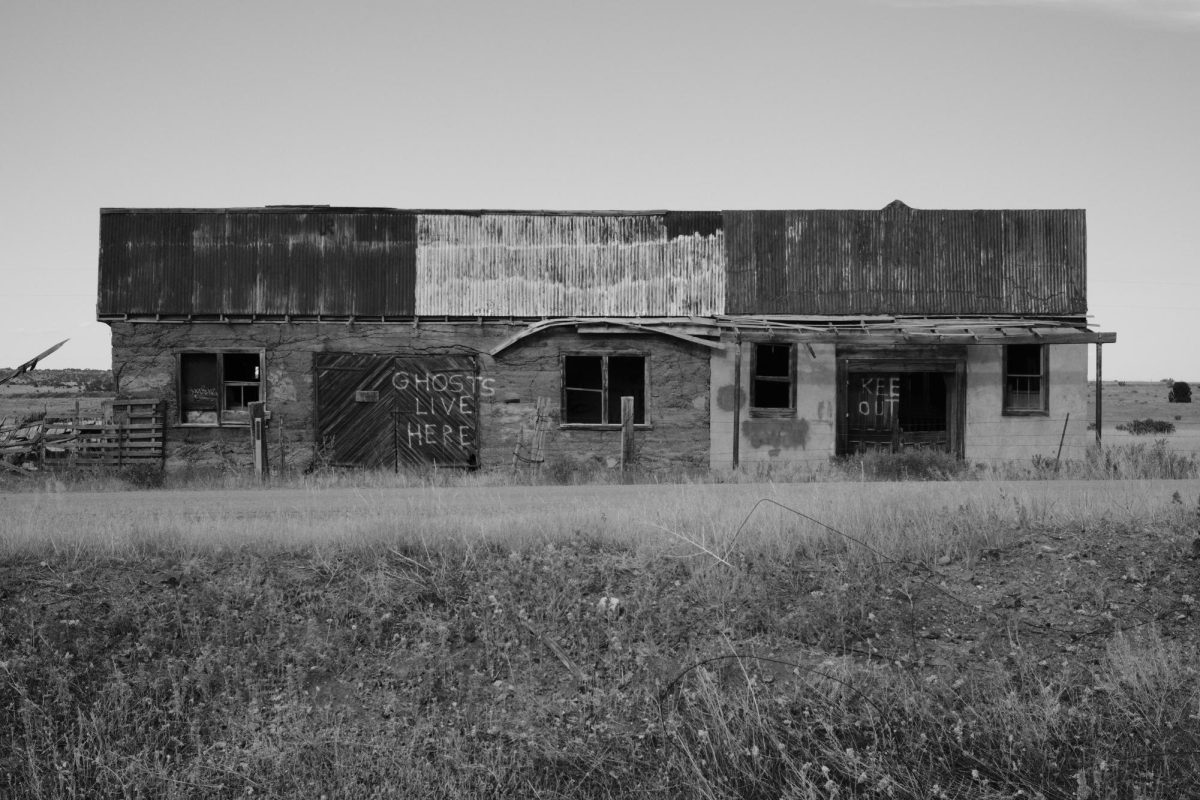The state of the free press is a hot topic amongst both journalists and readers, becoming increasingly more controversial through events from the recent administration under President Donald Trump. As a student journalist who also plans to pursue journalism as my future career, the freedom of the press is of utmost importance to me – it’s a civil liberty that is not always protected in the ways it truly should be.
On Feb. 9, the White House announced that the Gulf of Mexico will be renamed to the Gulf of America. In a press release from the Department of Interior, this name change is apparently meant to “honor the legacy of American greatness.” While the executive order was signed, it should be noted that the rest of the world still refers to this body of water as the Gulf of Mexico, which is supported by Google and Apple Maps both only changing the name for users in the United States, according to the New York Times.
Due to this change, The Associated Press – known for its unbiased reporting – has stated that since the publication reports to “billions of people around the world every day,” it would not make sense to change their editorial guidelines. On Feb. 11, AP released a statement disclosing that the White House told them that they will be banned from accessing events in the Oval Office. According to CNN, this is an indefinite decision, barring reporters from “pooled events.”
To make matters worse, according to NPR, District Court Judge Trevor McFadden – appointed by Trump – denied the AP from temporarily allowing its reporters to continue coverage of “major events at the White House.”
The AP is well-known for its nonpartisan coverage of news, and while they are not the only publication to continue referring to this part of the ocean as the Gulf of Mexico, it is the one being targeted the most for it. To remove such an influential and well-established publication from being in the needed spaces to report critical information to the public is inexcusable on the White House’s part. It blocks citizens from getting accessible and reliable news from trustworthy and nonpolarized sources. It also just allows for the White House to continue to bar anyone that they do not agree with from press events.
To further these concerns, on Jan. 28 CNN anchor Jim Acosta announced that he will be leaving CNN. According to AP, during Trump’s first week in office, CNN said that they would change their network lineup. Acosta, who had an hour-long segment in the morning, was offered a late-night slot. However, Acosta turned this down. While that statement alone may not sound like a big deal, Acosta’s official announcement seemed to imply as if there was more to his reason for leaving – a final message that should be taken as a warning and wake up call.
During his parting speech, Acosta reflected on what he considered the highlight of his career – covering former president Barack Obama’s 2016 trip to Cuba, in which he confronted dictator Raul Castro “about the island’s prisoners.” Acosta, whose father was a Cuban refugee, said that moment taught him an important lesson. “It is never a good time to bow down to a tyrant,” Acosta said. “I have always believed it’s the job of the press to hold power to account.”
Acosta proceeds to give the audience what he called his “final message.” He said, “Don’t give into the lies. Don’t give into the fear. Hold on to the truth and to hope.” While Acosta did not specifically call out Trump in his speech, given the tension in the current social and political climate due to the current administration, it would not be out of line to assume the implication.
Before Acosta’s official exit from CNN, Trump went on his social media platform, Truth Social, and said, “Jim is a major loser who will fail no matter where he ends up.” It should also be noted that Trump and Acosta do not get along, as the two shared a heated exchange during a press conference in 2018, which resulted in Acosta’s press credentials being temporarily revoked.
Acosta’s chilling warning before departing with the network he’s been with for 18 years, in addition to the AP’s reporters not being allowed to cover certain events, sets a dangerous precedent for the future of free press in the United States. As a citizen who finds it important to have accessible, reliable and unbiased news, revoking a publication’s ability to do this will inhibit citizens from being able to easily know what is going on.
While reporters such as Acosta have given “subtle” warnings about what dangers could potentially come, this does not mean that all journalists and publications will follow suit. It’s more likely that certain topics may not receive proper coverage due to fears of upsetting the “wrong people,” and ending up in situations where a reporter may lose access to resources or be censored.
It is important, especially now, for not only journalists to pay attention to concerns such as censorship and the freedom of the press, but for citizens to heed where their news is coming from and how people in power respond to reporters covering “controversial topics.”









